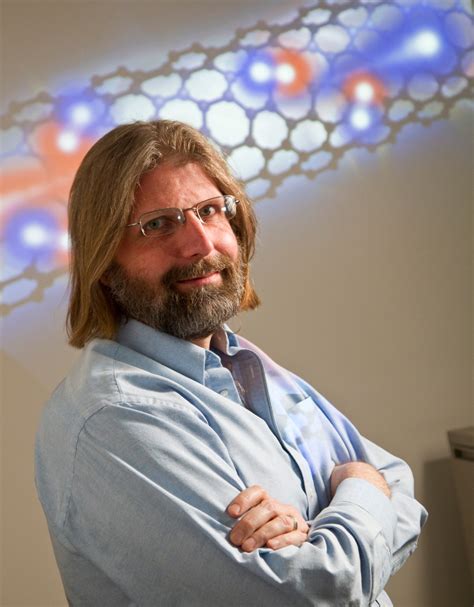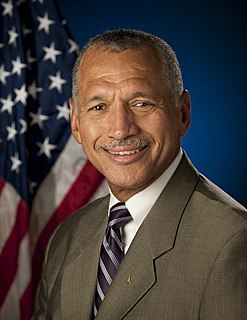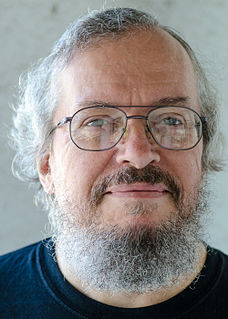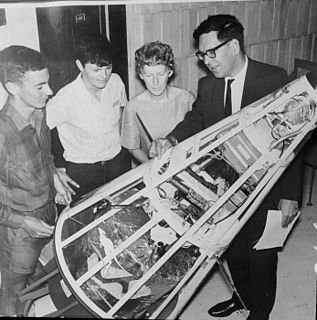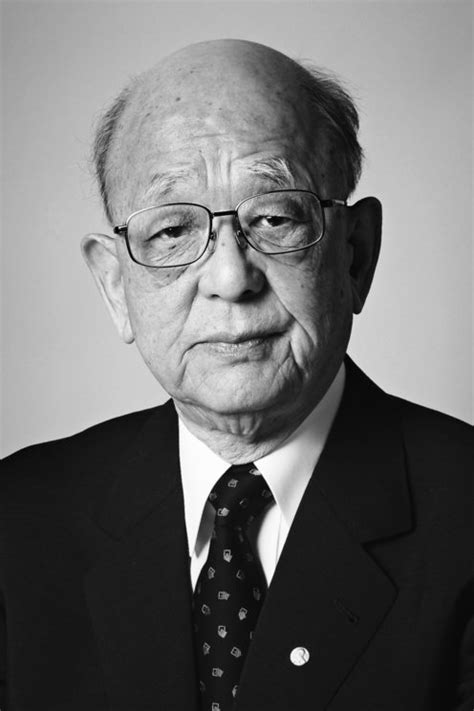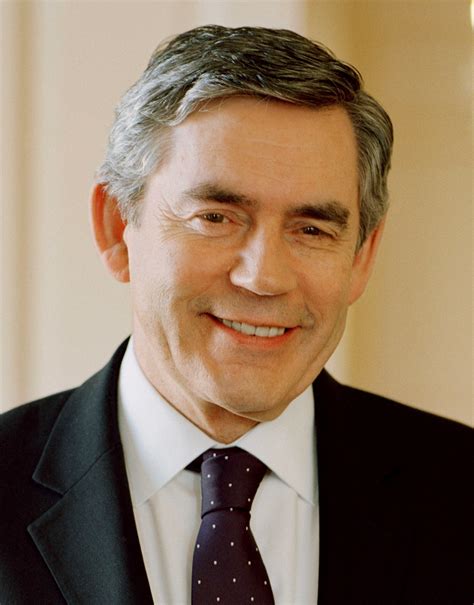A Quote by Shannon Walker
All astronauts have degrees in science, engineering, or medicine, but other than that, there's no one path to NASA. The one thing everyone has in common is we've all exceled in our chosen field.
Related Quotes
I attended a big human space flight conference in Beijing and I was going as myself. And really, there weren't any NASA astronauts there, I was the only so-called American Astronaut there. We had astronauts from most of the other countries, certainly from Russia, from France, from Japan, several other countries, but it was a little bit odd because here we are at an international gathering of a lot of astronauts and I'm talking about somewhere upwards of 30 or so astronauts, and I'm the only American. And I wasn't even there in an official capacity.
Shiv Nadar University has five schools with 16 departments offering 14 undergraduate, 10 master's and 13 doctoral programmes. The demand for engineering courses - computer science, engineering, electronics, communication engineering, mechanical engineering - is slightly on the higher side compared to other engineering courses.
When I became the NASA administrator — or before I became the NASA administrator — Barack Obama charged me with three things. One was he wanted me to help re-inspire children to want to get into science and math, he wanted me to expand our international relationships, and third, and perhaps foremost, he wanted me to find a way to reach out to the Muslim world and engage much more with dominantly Muslim nations to help them feel good about their historic contribution to science … and math and engineering.
In total, I have spent 35 years at Hokkaido University as a staff member - 2 and a half in the Faculty of Science, and the other 32 and a half in the Faculty of Engineering. Other than about two years of study in America and a few months in other places overseas, most of my life has been spent at the Faculty of Engineering.
Engineering is not merely knowing and being knowledgeable, like a walking encyclopedia; engineering is not merely analysis; engineering is not merely the possession of the capacity to get elegant solutions to non-existent engineering problems; engineering is practicing the art of the organizing forces of technological change ... Engineers operate at the interface between science and society.



